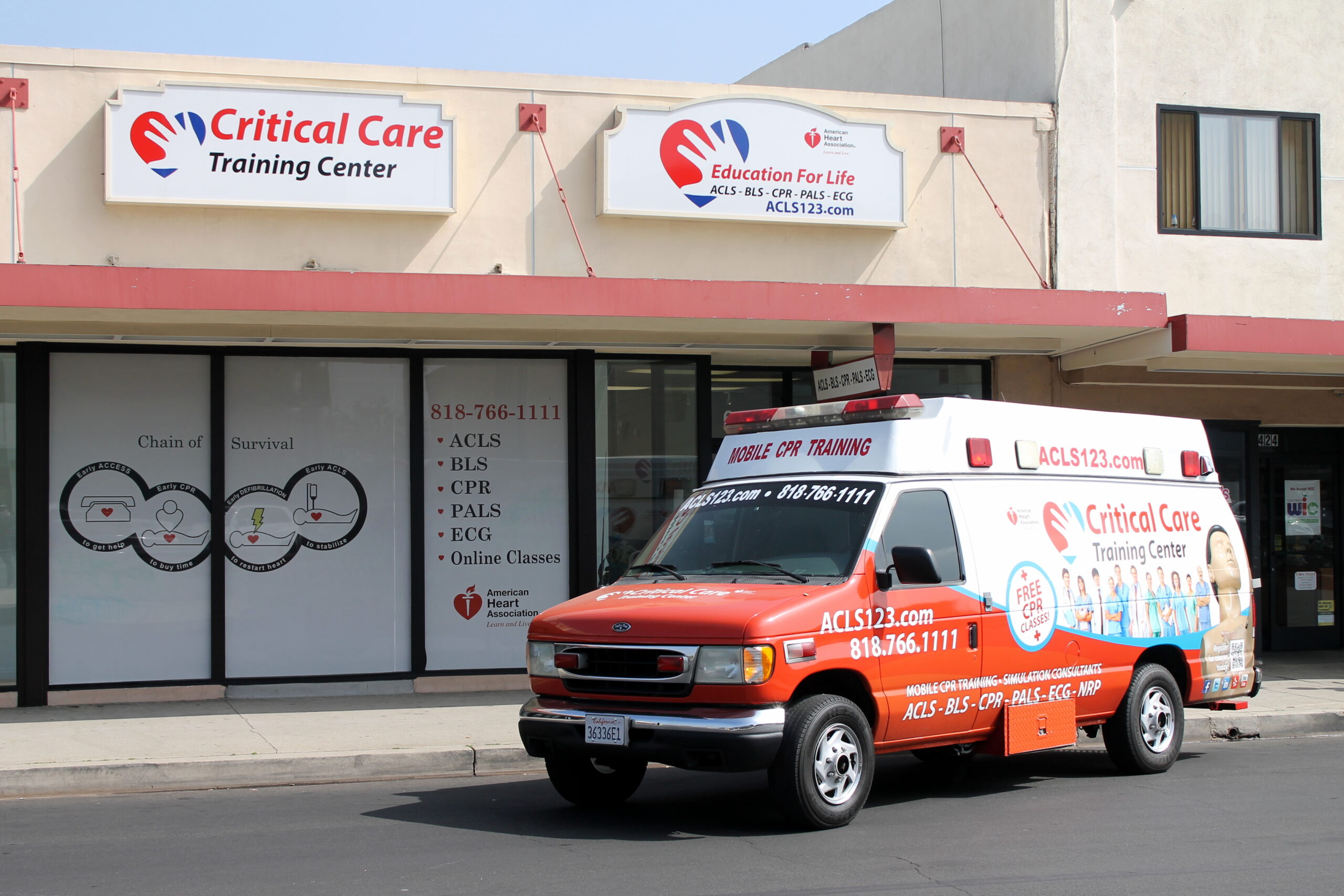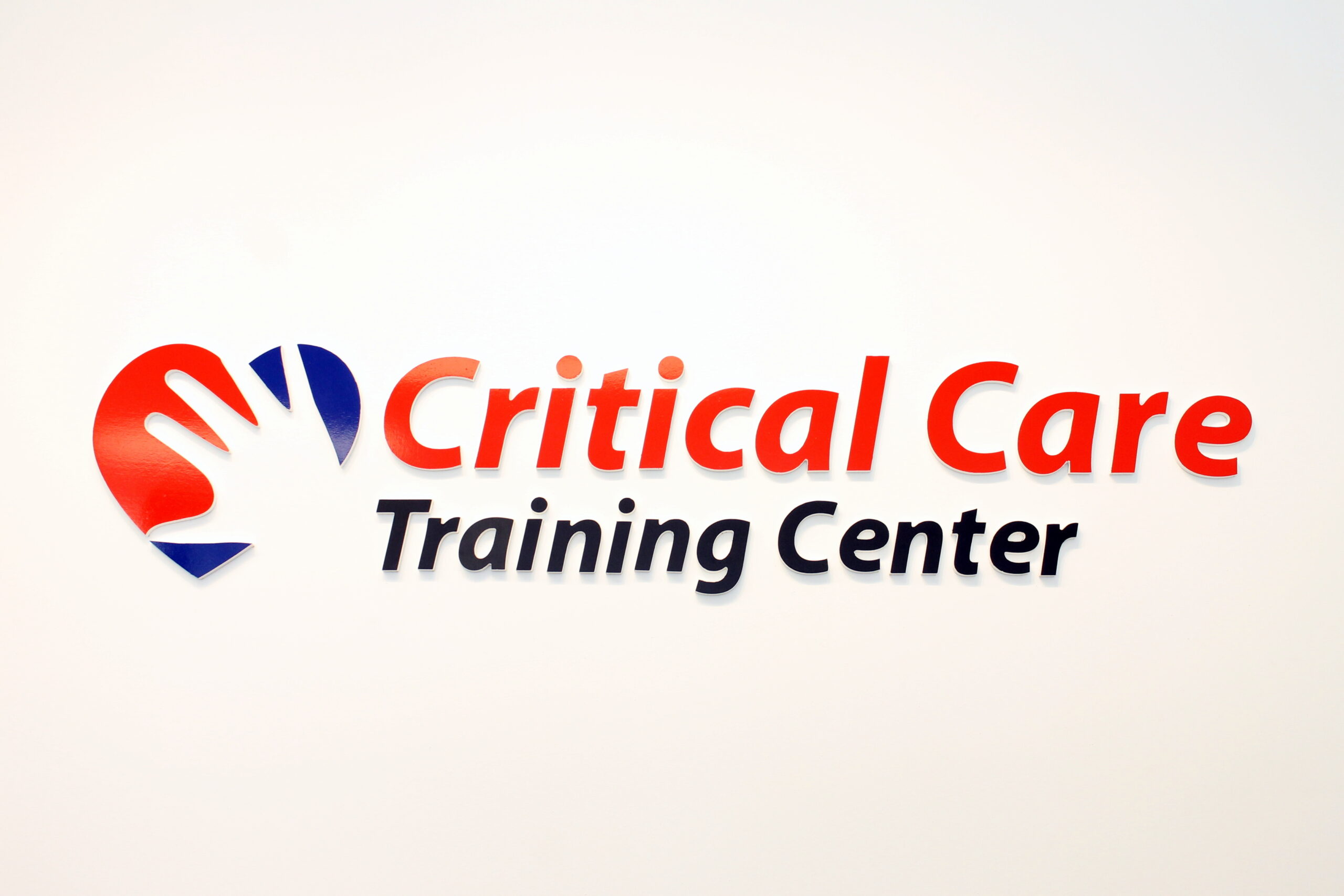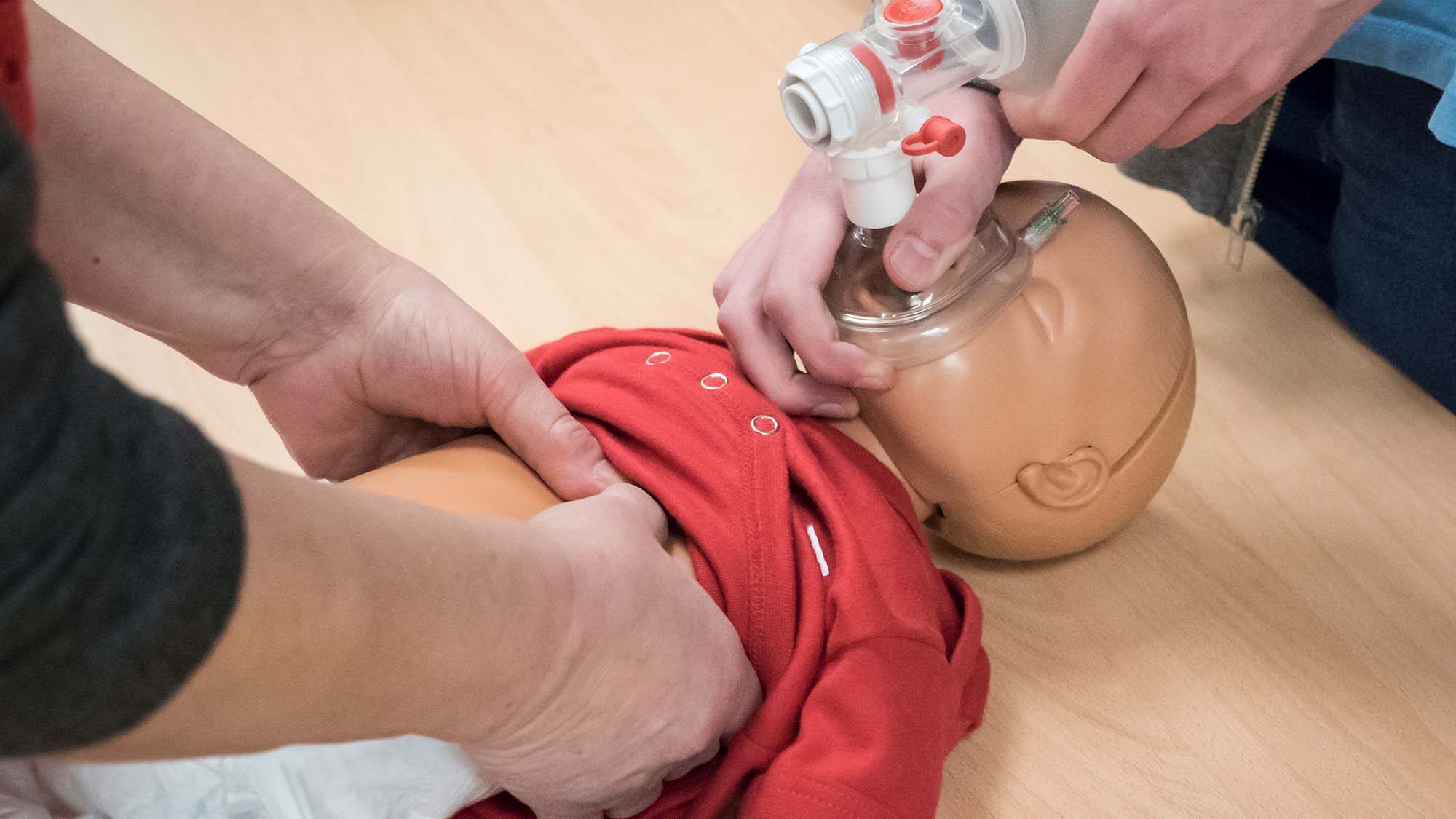Essay by: ISP081
As I watched the news the other day, I heard a story about a young man who performed cardiopulmonary resuscitation (CPR) on a woman. Low and behold, he had had CPR training the day before. His job required the CPR course for employment. When he spoke of the encounter, he expressed his gratefulness to his employer for requiring the training. Without it, the young woman may not have lived.
It is for stories such as these that I feel employers of all kinds should require their employees to know CPR. When a person is all alone, calling an ambulance or acquiring an AED takes precious time that the brain requires to function. CPR training is even so thorough as to explain that a person can perform five minutes of CPR, then call 9-1-1, or get an AED attached to the patient’s chest. By spending those first five minutes performing chest compressions and giving the patient oxygen, it increases the person’s chance of survival once emergency personnel arrive.
There are situations everywhere in which people require CPR. If all employers required CPR upon employment, then all people who are employed would have the tools to save a person’s life. Since the leading cause of death in the United States is still heart disease, the incidence of people witnessing a myocardial infarction, also known as a “heart attack,” is extremely high. Although, many of those with heart disease may die from stroke rather than a myocardial infarction, people who have had a stroke are at an even higher risk of having a myocardial infarction. Therefore, when more people know how to perform CPR that is that many more lives that could possibly be saved.
A few of the many ways CPR can be used include, heart attack, drowning, carbon monoxide poisoning, and choking. During CPR training, people are taught not only how to perform CPR, but also what to do if a person is choking. From assisting the person to expel the object lodged in the throat, to how to properly place them on the floor if in fact they do syncope during the expulsion process. By teaching the proper body mechanic techniques, people are more likely to be able to lower a larger person to the ground without injuring their back; therefore still being able to perform CPR since the person has, inevitably, syncoped.
From an auto mechanic shop to the emergency room, people everywhere and at any time can have a heart attack or be poisoned by gas and choke. It is important for our society to keep the education levels high when it comes to life saving functions, such as cardiopulmonary resuscitation.









